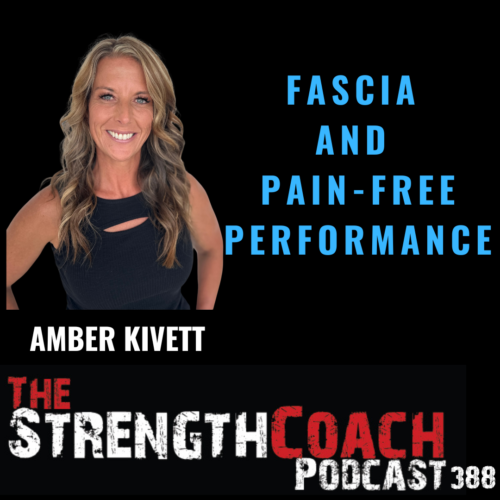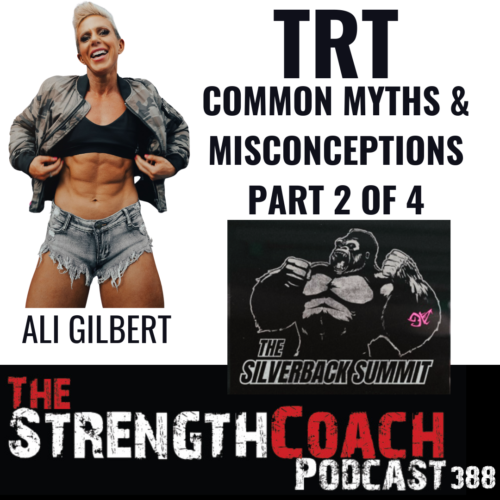
 The Strength Coach Podcast
The Strength Coach Podcast Fascia and Pain-Free Performance with Amber Kivett
28 snips
Oct 6, 2024 Amber Kivett, founder of Kivett Kinetic Solutions, dives into her journey from pain to performance, emphasizing the crucial role fascia plays in pain management. She discusses the six factors that can inflame fascia and shares strategies for gaining client buy-in to enhance their healing journey. Kivett also highlights the interconnectedness of physical and emotional health, advocating for a holistic approach to injury prevention and performance enhancement. Listeners will gain insights into innovative training methods that prioritize compassionate care.
Chapters
Transcript
Episode notes
1 2 3 4 5 6 7 8 9 10 11
Intro
00:00 • 4min
Returning to Training: Insights and Reflections on Injuries
04:21 • 2min
Evolving Training and Injury Prevention
06:17 • 19min
The Power of Caring Relationships in Coaching and Mentorship
24:49 • 2min
TRT Myths and Business Resilience
26:58 • 11min
Navigating Pain and Identity: A Journey through Kinesiology and Healing
37:48 • 30min
Understanding the Mind-Body Connection for Enhanced Performance
01:08:08 • 4min
Mind-Body Connection in Autoimmune Healing
01:12:31 • 20min
Understanding Pain and Performance
01:32:35 • 8min
Innovative Movement for Injury Prevention
01:40:53 • 8min
The Power of Grounding in Performance Enhancement
01:48:59 • 4min







